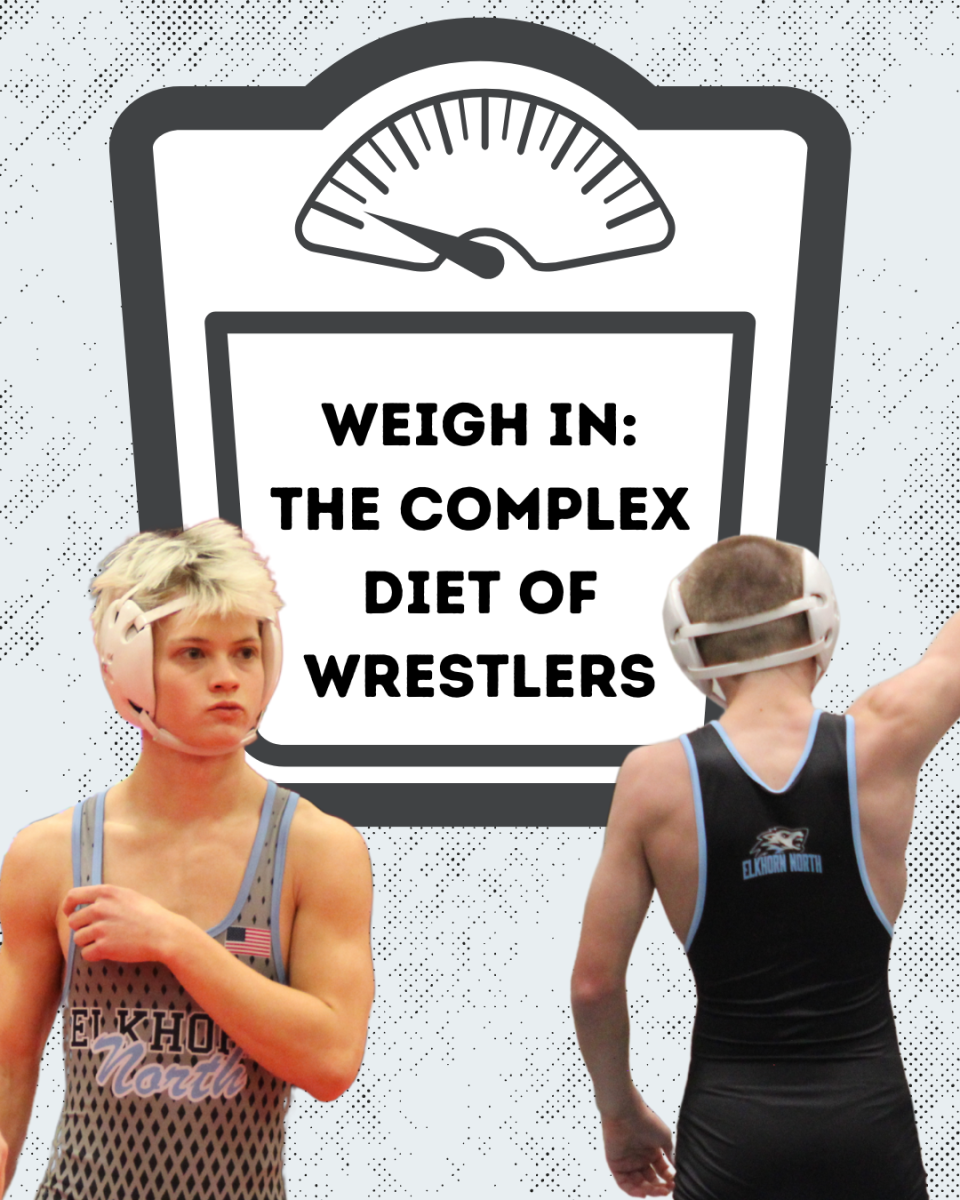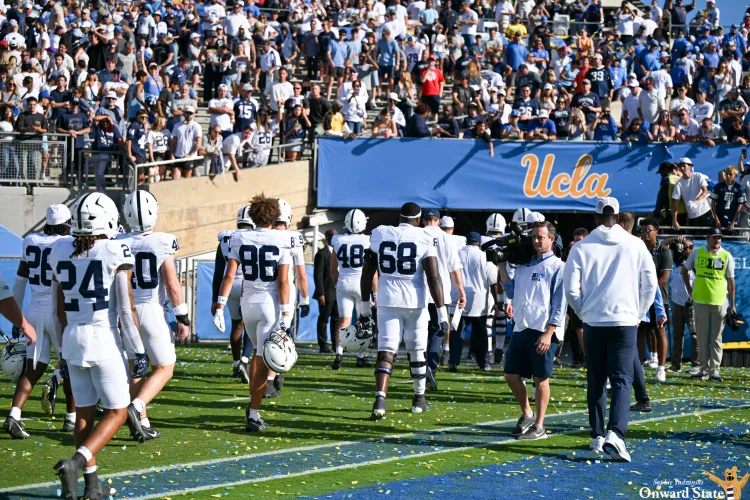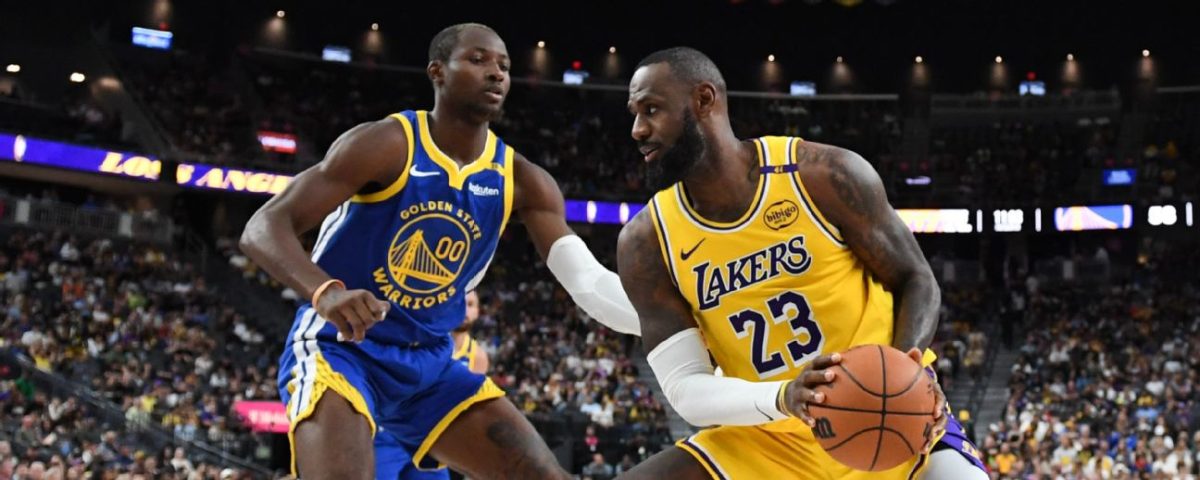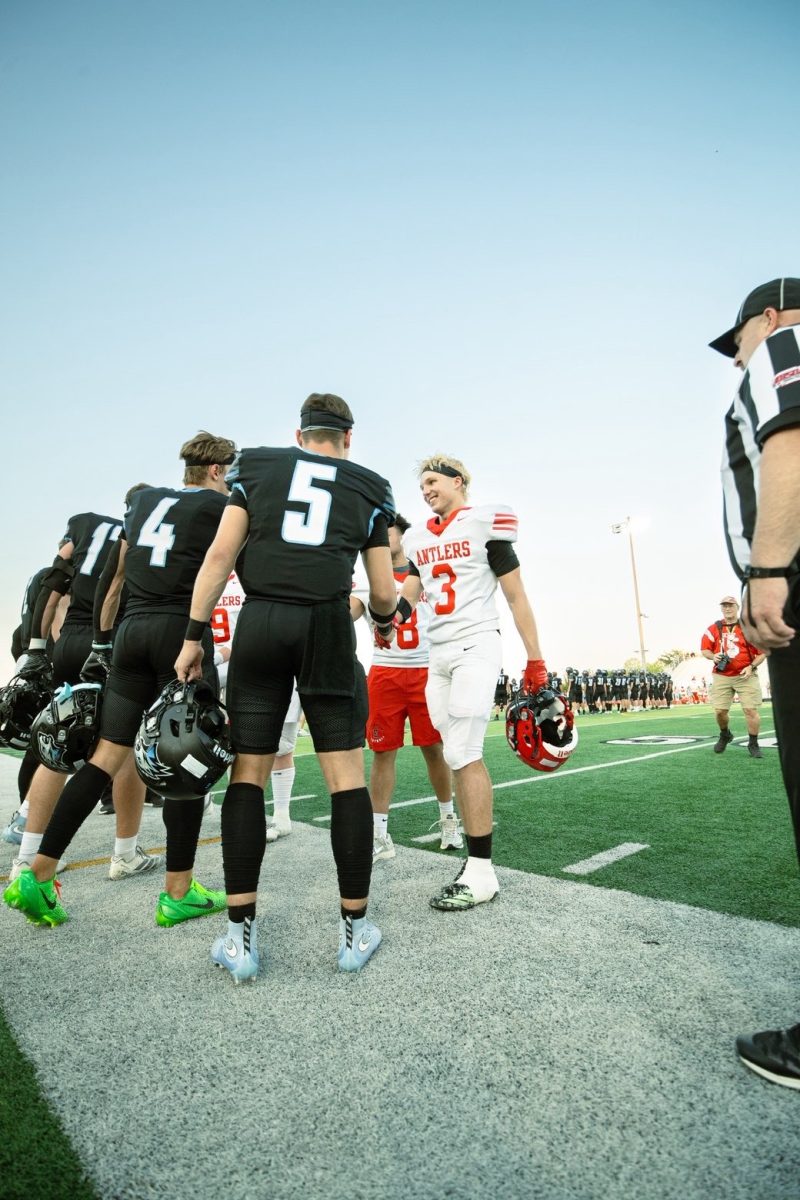Wrestling season is a long battle on the mats, but the bigger battle is with the number on the scale. High school wrestlers have to maintain their weight class to compete in their division. This may sound attainable with a decent diet and exercise, but some athletes go to extreme measures to meet their weight.
The season begins in October and carries into February. This five-month stretch is one of the most difficult times for a wrestler, but the process to meet weight begins long before the season.
Some wrestlers have to transition from another sport that requires extremely different physical standards. Football players in particular often try to put on weight and “bulk” during football season, and then have to cut all the weight off within weeks for wrestling.
The methods used to lose weight before the season can be unhealthy. Exercising in multiple layers, extreme fasting, and restricting water are all common amongst wrestlers.
“At the beginning of the season, I was twelve pounds over my target weight,” senior Gabe Brabec said. “I would wear multiple layers of clothing and rotate between the sauna and the stairmaster, after doing this for five days I was able to make weight.”
Even changing from an off season diet to a wrestling diet can be challenging.
“It’s hard in the fall when I have to cut back on how much and what I am eating, but it gets easier as my weight goes down and the season gets closer,” sophomore Kingston McNeal said.
During their competition season, wrestlers follow strict diets. They cut down the amount of food they eat day to day, focusing on only the necessary proteins and vegetables.
“I have a very strict meal prep. For breakfast I have two eggs, and for lunch and dinner I have four ounces of steak or fish and maybe some greens,” McNeal said. “I am a lot leaner and more defined during wrestling season because I am only eating the basic food my body needs.”
Often on match days athletes won’t eat at all, even if their meet isn’t until later in the day.
“I really don’t eat anything on meet days, no breakfast and maybe a small salad for lunch,” Brabec said. “I don’t drink water either because of the temporary weight it adds.”
The lack of food can hinder athletes’ performances academically as well. Not eating enough food shortens attention spans and causes restless sleep, often making athletes fatigued throughout the day.
This strict food intake also causes imbalances in the body that can lead to mood swings and “hanger.” Wrestlers are more likely to feel irritable and frustrated due to the fluctuating diet, and this can cause unwanted turbulence in other parts of wrestlers’ lives.
“I’m constantly hungry and this turns into unwanted anger,” Brabec said. “It’s really frustrating.”
Wrestling season falling over the holidays adds an additional complication. Thanksgiving, Christmas, Hanukkah, and Kwanzaa all have a large focus on the food at the table, so, if they need it, wrestlers are allowed to go up by two pounds after break. Wrestlers can spend the holidays with some flexibility so they don’t have to hyper fixate on meeting weight.
Even with this wiggle room, many wrestlers fight a mental battle with food, shaping their body image and self worth based on the number on the scale or calorie count. Some wrestlers feel anxiety that the food they eat could lead to a loss on the mat, so they choose to not eat at all rather then to risk overeating.
“Wrestling has made me more self-conscious and has made my relationship with food negative,” Brabec said.
While weight class is a necessary component of wrestling, the strictness of the numbers can put these high school athletes down, physically and mentally.
“Cutting weight is hard both physically and mentally especially at the start, but as time goes on my body adjusts to the minimal calories and fluids I am intaking,” Brabec said.









